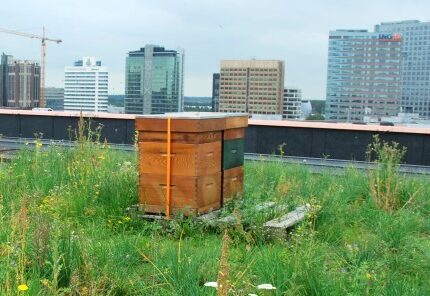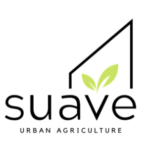Urban beekeeping is a sustainable solution for your business
Why businesses should care about ESG and social impact
ESG (Environmental, Social & Governance) encompasses three key indicators that reflect a company’s impact on the environment, customers, and communities. It serves as an indispensable tool in the evolving market towards sustainability and ecology.
More and more investors, when deciding where to allocate investments, consider not only a company’s activities but also evaluate them based on ESG criteria.
Until now, ESG criteria have served as voluntary guidelines rather than mandatory requirements. However, starting from 2024, the European Union is tightening ESG requirements, and companies will be required to submit their ESG reports alongside their regular financial reports by the end of the year.
A commitment to long-term changes signals the company’s ability to adapt to evolving conditions and demonstrates management’s capability to mitigate potential risks.
How does urban beekeeping help enhance a company's social responsibility ESG policy?

Local climate
As bees gather nectar, they pollinate plants, thereby improving the quality of vegetation. Greener urban areas absorb more carbon dioxide, improving air quality and reducing the risk of urban overheating.

Accurate data for reports
Bees provide an opportunity to share accurate data and figures in ESG reports (quantity of honey, number of bees and their foraging area, biodiversity index) - precise numbers demonstrate transparency and reliability.

Employee wellbeing
Bees contribute to ecosystem biodiversity by facilitating plant reproduction. This diversity is crucial for a resilient ecosystem, capable of adapting to environmental changes and supporting populations of various other organisms.

Sustainable Commitment
Bee conservation demonstrates a company's commitment to sustainable development and adaptation to a changing environment, which attracts investors and public trust.

Bidiversity index
Bees contribute to ecosystem biodiversity by facilitating plant reproduction. This diversity is crucial for a resilient ecosystem, capable of adapting to environmental changes and supporting populations of various other organisms.
Scientific research
We ensure the quality of urban honey by analyzing its composition, toxins, heavy metals, and botanical origin. Based on the research findings, we seek appropriate solutions.
What are SDGs?
SDGs stand for Sustainable Development Goals. These are a set of 17 global objectives established by the United Nations in 2015 as part of the 2030 Agenda for Sustainable Development. SDGs aim to address various global issues, including poverty, inequality, climate change, environmental degradation, peace, and justice.
Each goal has specific targets, with the overarching aim of creating a sustainable and equitable world by 2030. These goals are interconnected and recognize the need to integrate solutions for global sustainable development.
States, businesses, civil society, and individuals are encouraged to collaborate to contribute to the achievement of these goals and create a sustainable future for all.

How Urban Beekeeping helps to reach Sustainable Development Goals

Zero hunger
Plants pollinated by bees are of higher quality. Pollination increases the nutritional value of fruits, vegetables, and seeds.

Good health and well-being
Trees pollinated by bees absorb more carbon dioxide and filter the air. Interacting with bees reduces stress and increases productivity.

Sustainable cities and communities
Beehives in the city contribute to the maintenance and natural functioning of the urban ecosystem.

Responsible consumption and production
Beekeeping provides an opportunity to explore natural materials like beeswax and promote reuse. We organize workshops on sustainable candles and food wraps.

Life on Land
By pollinating plants, bees contribute to the creation of a broader ecological niche in cities. More niches mean more habitats for plants and animals.
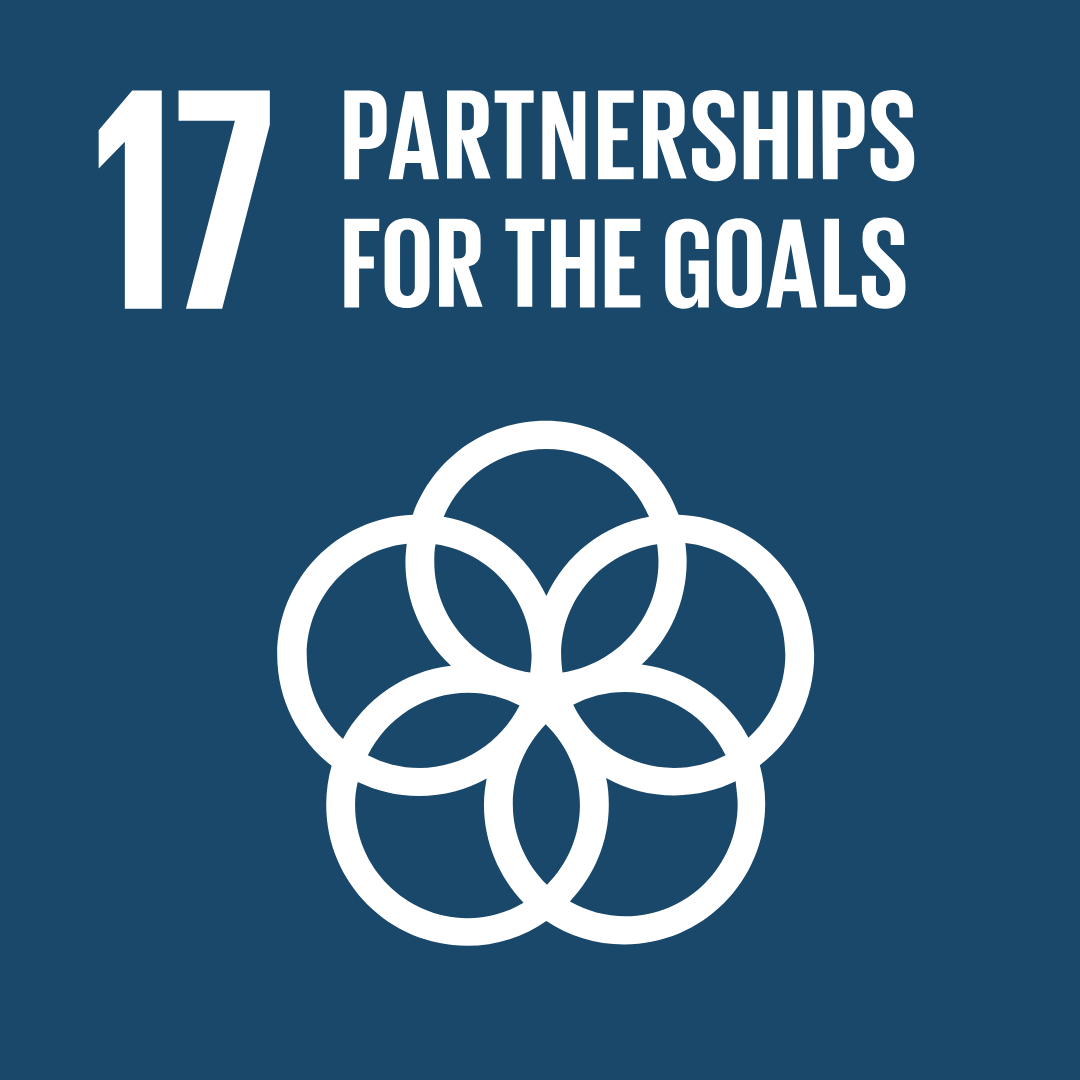
Partnerships for the goals
Beekeeping invites collaboration to achieve common goals through team-building activities or workshop sessions, during which we familiarize participants with environmental issues and challenges.
Green spaces and green roofs

Flower planters for pollinators
We suggest installing handmade, self-watering planters next to bee hives, filled with bee-friendly plants.

Green roofing
Join the green building revolution by replacing conventional roof coverings with green roofs, which absorb carbon dioxide and protect the building from overheating.

Solar energy increased efficiency
Increase the efficiency of solar panels by planting a ground cover of perennial plants, which enhance the productivity of the solar panels.
Biodiversity index and scientific research
Bees are bioindicator of the surrounding environment
Bees are highly sensitive to environmental changes such as air pollution, habitat loss, or temperature fluctuations. Bee activity allows assessing the size of the biodiversity index and the quality of ecosystem functioning. In overly polluted environments, bee populations decrease or disappear altogether, for example, due to intensive agriculture.
Additionally, collected nectar accumulates environmental residues. Honey research reveals botanical origin and plant diversity, traces of pesticides and other toxins, or potential bacterial infections, indicating environmental pollution.
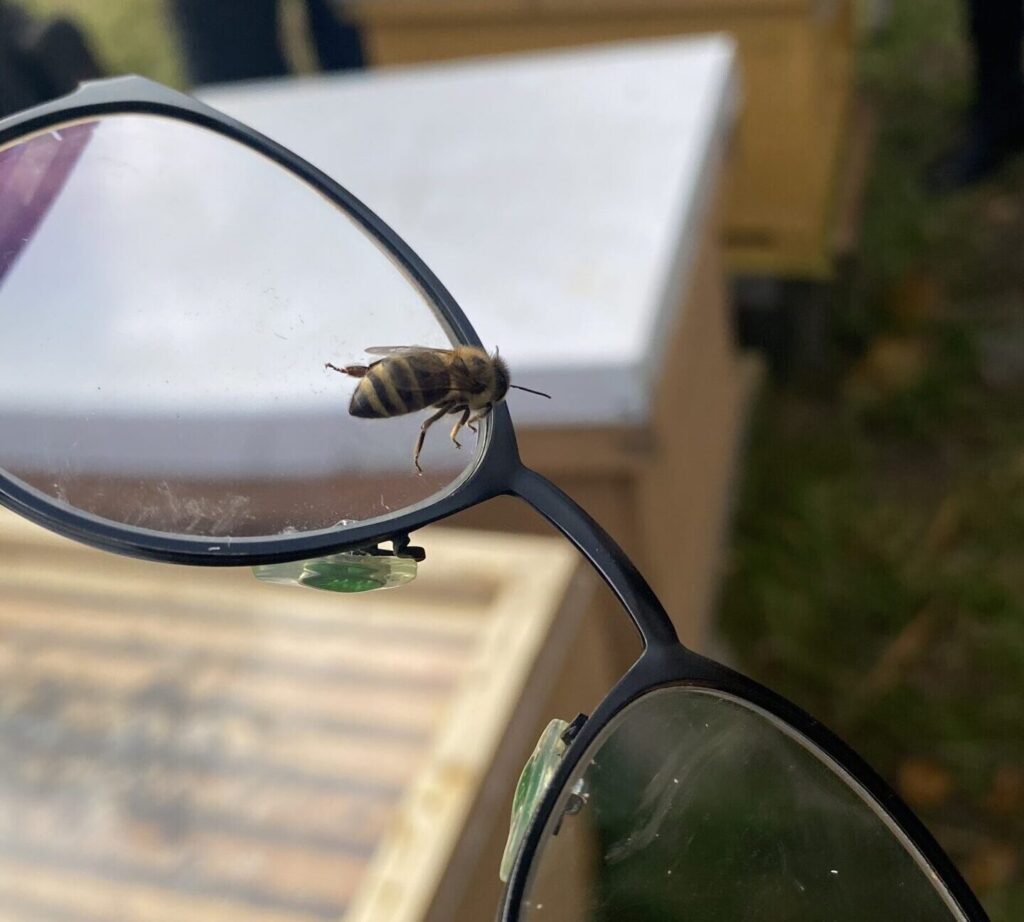
How does honey research work?
1. Installing the bee hives
Alongside the hives, we establish friendly Buckfast breed bees, widely known worldwide for their calm and gentle nature.
2. We take honey samples from the hive
Upon receiving the request, we take samples from your hives. Samples include honey and pollen. We securely package the samples and send them to a laboratory in France.
3. Accredited lab in France conducts the research
The samples sent to the laboratory are analyzed. Measurements show the moisture content of honey, pH level, electrical conductivity checking various minerals and enzymes, and searching for pesticide and heavy metal residues.
4. We offer solutions based on the data received
We share the obtained honey analysis results with the customer. Based on the findings, we seek appropriate solutions. For instance, if heavy metals are found, we relocate the hives farther away from the street.
Urban Beekeeping Importance for ESG Reporting
